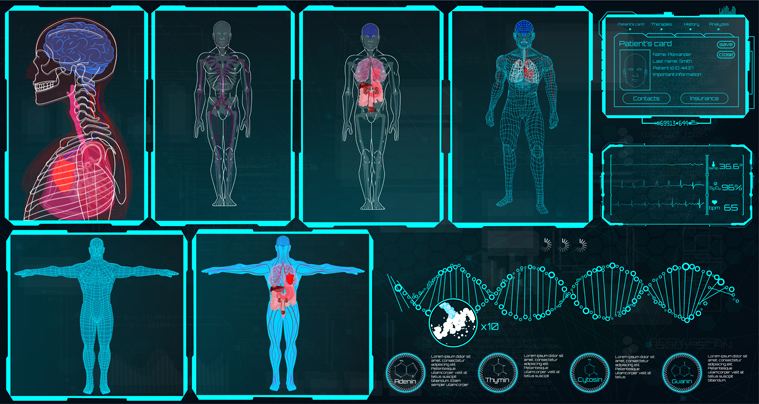
NCAPA hosted a Poster Session, held in conjunction with the 2018 Winter Conference. The poster session was developed through a partnership between the NCAPA and the NC PA Program Directors Council as an opportunity to increase student/faculty/practicing clinical PAs scholarship. The following are brief descriptions of the selected 2018 posters, along with links to the poster images:
Abdominal Pain: A Noteworthy Presentation of Subacute Cardiac Tamponade
Shalon R. Buchs, MHS, PA-C; Jessica N. Perry, MPAS, PA-C
PAs at University of Florida examined an unusual case of pericardial disease. While the case showed atypical symptoms, a need to broaden differential for symptoms of pericardial disease was determined. View Poster
Augmenting Reality in PA Education
Melissa Murfin, PA-C, PharmD, BCACP
PAs at Elon University determined if the use of augmented reality technology, such as SnapChat, offers any significant learning impacts. It was found that current augmented reality technology lacks functionality and further research is needed to determine true impact. View Poster
A Dedicated Leadership Module in Physician Assistant Education
Tracey Thurnes, MPAS, PA-C
PAs at Elon University found that, while 95% of program directors believe leadership is important, only 12% of programs provide leadership training. Leadership modules were implemented to see the impact on student’s leadership skills and abilities. View Poster
Intersecting Business and Medicine: An Innovative Model for PA Education
Sobia S. Hussaini, MHA; Carol Hildebrant
The Bureau of Labor predicts a 37% increase in employment of PAs from 2016 to 2026. PAs at Wake Forest University designed and implemented a new curriculum combining two types of programs to determine academic achievement on the PANCE exam. View Poster
Pilot Point-of Care-Ultrasound Physician Assistant Curriculum: An Educational Adjunct to the Traditional Anatomy Course
Janelle R. Bludorn, MS, PA-C
PAs at University of North Carolina at Chapel Hill determine the feasibility of integrating Point-Of-Care-Ultrasound (POCUS) into current PA curriculum as an educational adjunct. While formal assessment of impact needs to be developed, it was determined that POCUS can be effectively integrated. View Poster
Prediabetes Risk Screening Assessments May Predict Pathologic Glycated Hemoglobin (HgbA1c) Levels in the Piedmont Triad of North Carolina
Jamie H. Rose, PhD, PA-S, Melissa Murfin, PharmD, BCACP, PA-C
90-95% of patients with Type 2 Diabetes were diagnosed with prediabetes five years prior. PAs at Elon University explored the predictive validity and reliability of two prediabetes screening assessments and determined assessments should be modified. View Poster
Recurrent Epistaxis: A Case Presentation
Brian J. Robinson, MS, MPAS, PA-C
Epistaxis (nosebleeds) are most common in children, less than 10 years old, and patients, 70 years or older. PAs at Wake Forest University examined a 72-year-old patient who experiences recurrent nosebleeds, determined his condition, and referred him to a rheumatologist for further evaluation and management. View Poster


